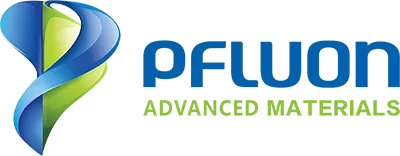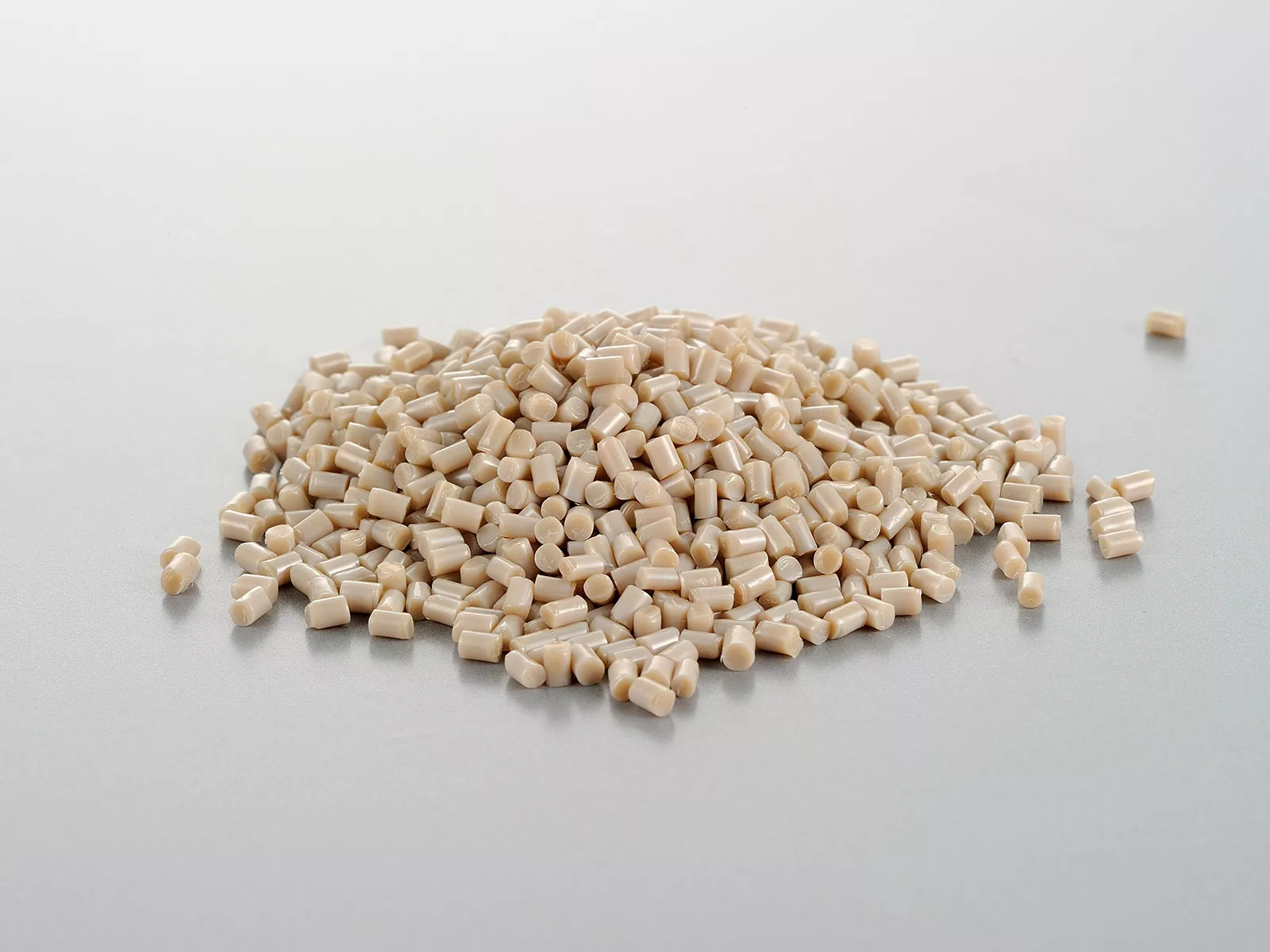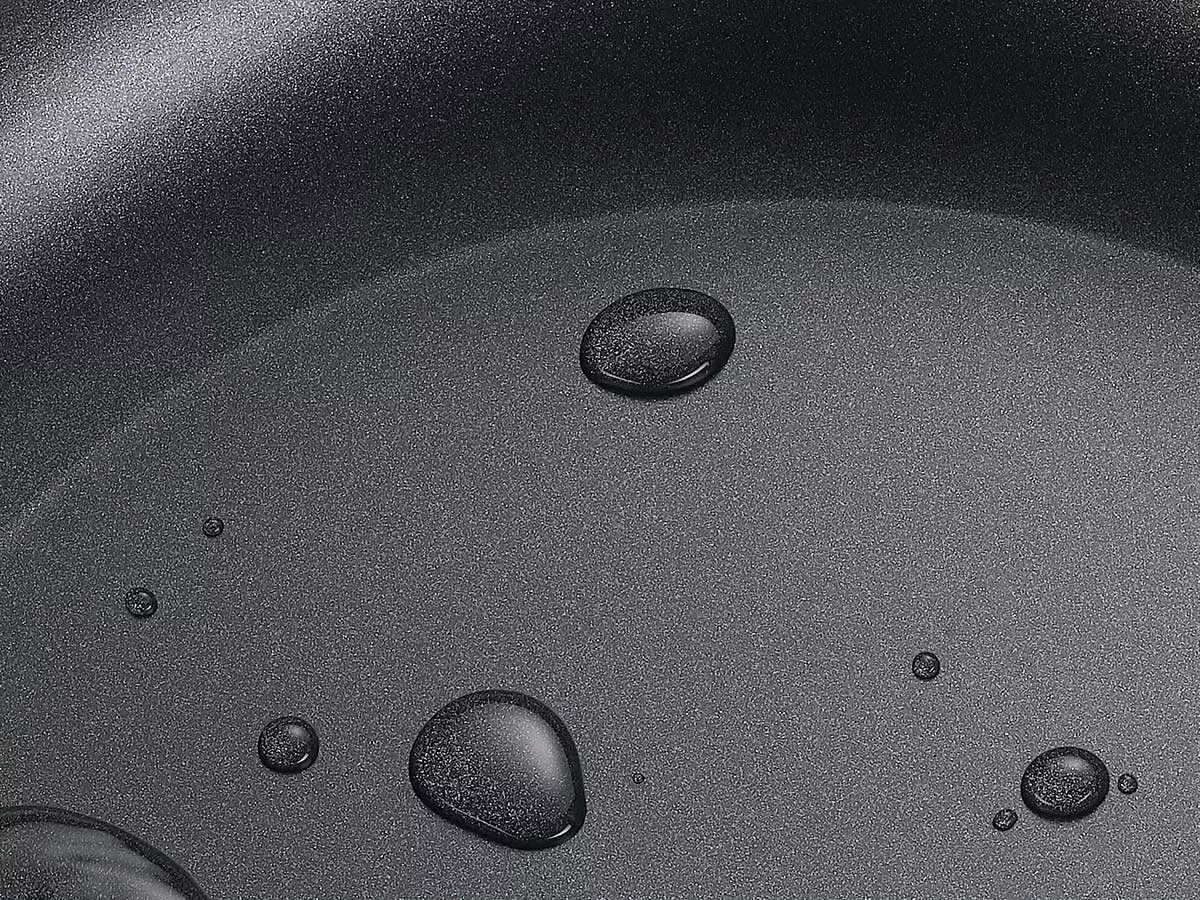In the ever-evolving world of electrical engineering, the demand for high-performance insulation materials continues to grow. Traditional materials like polyimide and polyester imide have served the industry well, but they come with limitations such as high water absorption rates and complex processing techniques. Enter PEEK (Polyether Ether Ketone), a revolutionary material that's changing the game in electrical insulation. This blog post will explore the unique properties of PEEK cables, their market demand, technical advantages, and future developments.
PEEK: A High-Performance Polymer
PEEK, or Polyether Ether Ketone, is a high-performance thermoplastic polymer that's gaining traction in various industries, particularly in electrical insulation. Its unique molecular structure gives it exceptional properties, including high temperature resistance, excellent chemical resistance, and outstanding electrical insulation capabilities. These characteristics make PEEK an ideal choice for cables and wires in demanding applications where traditional materials fall short.
Applications of PEEK Cables
The increasing adoption of PEEK cables is driven by several key industries:
a) Electric Vehicles (EVs): With the rapid growth of the EV market, there's a growing need for high-voltage, fast-charging systems and high-performance motors. PEEK cables, with their excellent heat resistance and insulation properties, significantly enhance the reliability and lifespan of EV electrical systems.
b) Smart Grids: The development of smart grids requires power equipment with high reliability and longevity. PEEK cables' high dielectric strength and aging resistance make them ideal for critical components like transformers and switchgear.
c) High-Speed Railways: In high-speed rail systems, the stability of electrical equipment is crucial. PEEK cables play a vital role in improving the reliability of key components like motors and transformers, ensuring safe and efficient operation.
d) 5G Communications: 5G equipment needs to operate stably in high-frequency environments with significant heat generation. PEEK cables, with their low dielectric constant, low loss factor, and high temperature resistance, are well-suited for 5G base stations and terminal equipment.
Why Choose PEEK as the insulation material?
PEEK cables boast several technical advantages that set them apart:
a) Easy Processing: PEEK's superior processing properties make it an ideal choice for high-performance electrical insulation. Compared to traditional polyimide materials, PEEK can significantly reduce processing costs and production cycles.
b) Chemical Resistance: PEEK cables exhibit excellent resistance to hydrolysis, oxidation, and a wide range of chemicals, ensuring stability in harsh environments.
c) Exceptional Electrical Properties: With high dielectric strength, low dielectric constant, and low loss factor, PEEK cables provide reliable insulation in high-frequency and high-voltage applications.
d) High Temperature and Voltage Tolerance: PEEK cables can withstand temperatures up to 260°C and high voltages, making them suitable for demanding applications like EV motor and battery systems.
How PEEK Cables Develop in the Future?
The future of PEEK cables looks promising, with several areas of development:
a) Continuous Material Modification: Researchers are exploring ways to enhance PEEK's properties through the addition of nanofillers or other high-performance polymers.
b) Production Process Optimization: Advancements in manufacturing techniques, such as high-precision extrusion and precise coating, will further improve production efficiency and product quality.
c) PFAS Replacement: As industries move away from PFAS materials, PEEK cables are poised to replace certain fluoropolymer cables, especially after modifications to enhance electrical properties.
d) Standardization: With increasing market demand and international trade, the standardization of PEEK cables will further improve product quality and market regulation.
PEEK cables, with their outstanding processing capabilities, chemical resistance, and electrical properties, are demonstrating powerful technical advantages in modern industrial applications. As market demand grows and technology advances, PEEK cables are set to play an increasingly important role in electric vehicles, aerospace, electronics, nuclear power, and medical equipment.
The journey of PEEK cables is just beginning, and their potential seems boundless. As we continue to push the boundaries of electrical engineering, PEEK cables will undoubtedly be at the forefront, driving innovation and enabling new possibilities in electrical insulation technology.





